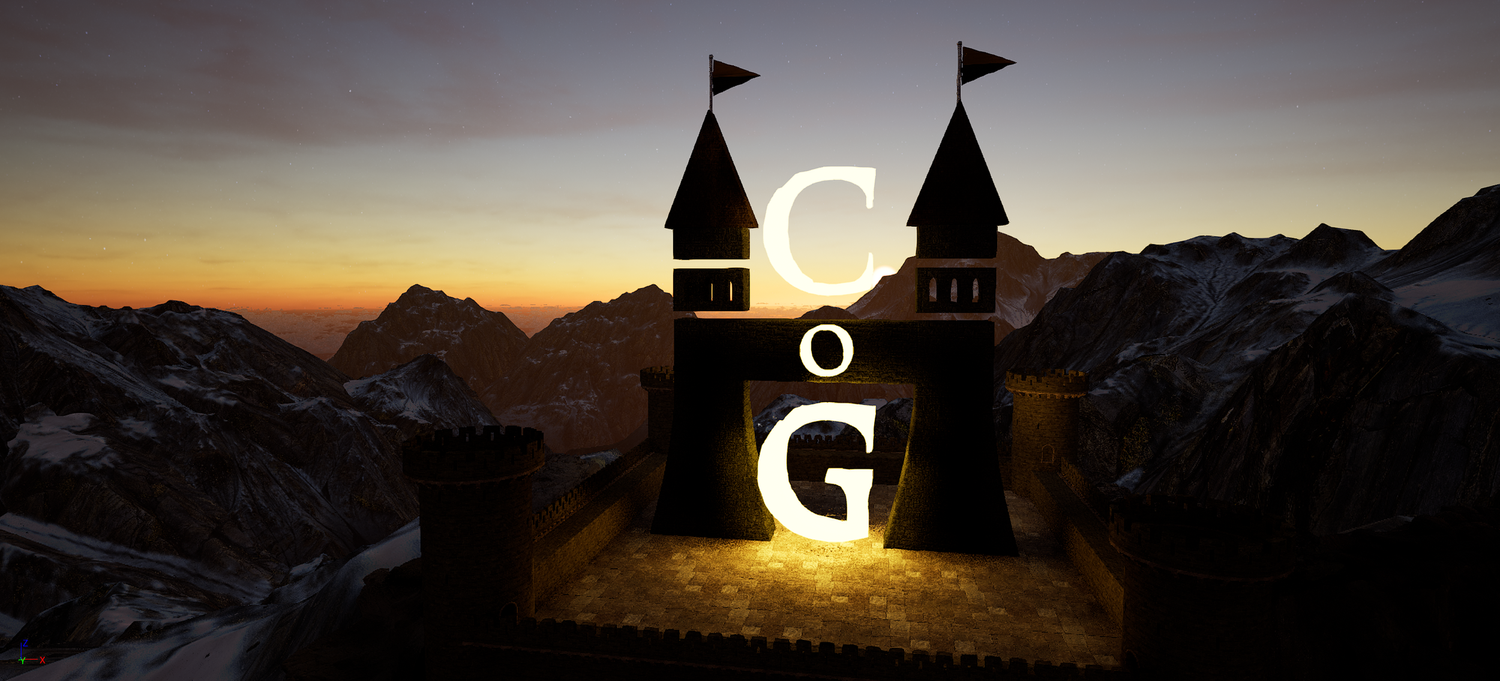Monday, Monday
I’m not even sure of the context of that song, I think it’s sort of melancholy? At least based on the tone, it is. I never bothered listening closely. Mondays have taken on a decidedly different feel for me after switching to fee basis. During a workweek, they are my version of Sunday and there are a few errands I need to run, but otherwise, they’re not the typical dreaded day most full-timers experience. I suppose Tuesday would be my Monday, but in comparison to most of my adult life, it’s also my Wednesday since I only work three days at the most. I didn’t take me long to acclimate to the new schedule when I switched from full time and 18-20 workdays a month down to 9 max. I’ve said before on my regular blog, there’s no way I could go back now.
One of the challenges of daily journaling in JCO’s context is the amount of new input. Spending most of my days at home and following a fairly repetitive schedule, it’s a challenge to think of new things to talk about. In the daily ritual department, yesterday was an “off” day I decided to grant myself and I spent more time reading as well as attempting to bake some bread. The bread would probably past muster in medieval England, but here and now it needs some work. Still, both Aeyong and I had some for breakfast so it wasn’t a total wash.
I finished another chapter in the Victorian House book, this one titled “The Parlor”. The book is broken down by the typical rooms in the Victorian era home, but each chapter wanders from the confines of the structure to its relationship to society at large. This chapter focused heavily on the shifting roles of women. Although much change was yet to come, the beliefs that women were subservient to their husbands and could fill no more important role than raising children and supporting their husbands were being called into question. It’s funny to see parallels even in our modern era between long-held beliefs that people just can’t let go, having become so ingrained in their psyches. “It’s how we’ve always done it” is a phrase that still gets used regularly.
I had finished “Song of the Black Sword” and was thinking about starting a more classic novel, and I initially had considered either “Slaughterhouse-Five” or “The Maltese Falcon”, but ended up settling on “Dracula”, a nice hybrid horror/classic to scratch a few itches. There’s something compelling about fantastic and speculative fiction from earlier eras. I think it’s a mixture of the different syntax, the complexity of thought, and deliberate expression, combined with imaginations that while unfettered in one sense, were still informed by the age from which they sprang. It’s my first time actually reading the novel, although it’s a story that’s very familiar to me. I’m realizing that Francis Ford Coppola’s version was fairly consistent with the book, even down to the diary entries. I’m really enjoying it so far.
